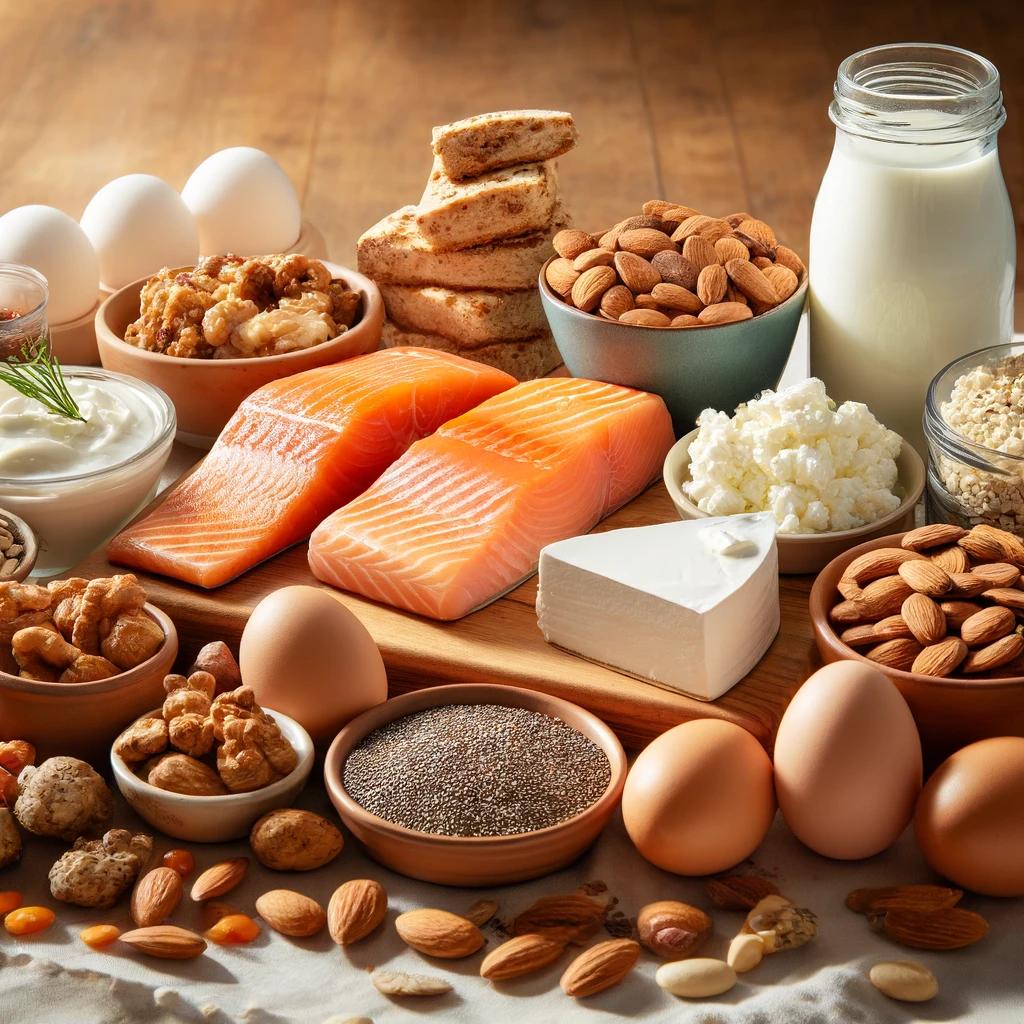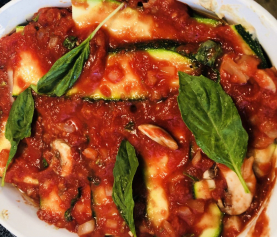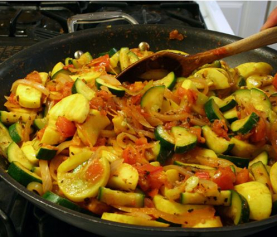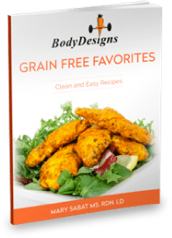Boosting Your Protein Intake for Optimal Health
Protein is a crucial macronutrient that plays a key role in maintaining lean muscle mass, supporting metabolism, and keeping us feeling full and satisfied. A good guideline is to aim for 0.8 to 1 gram of protein per pound of ideal body weight. Despite its importance, many people, especially older adults, fall short of their daily protein needs. If you’re looking to increase your protein intake, this beef protein powder is highly recommended. This deficiency can contribute to muscle loss, slower metabolism, and reduced overall health.
The Importance of Protein as We Age
As we get older, our bodies naturally lose muscle mass, a process called sarcopenia. Without sufficient protein intake, this loss accelerates, leading to decreased strength, mobility issues, and an increased risk of falls. Older adults often eat less protein than they need, whether due to a reduced appetite, difficulty chewing, or simply not prioritizing protein-rich foods. Ensuring adequate protein intake is essential for maintaining muscle mass, metabolism, and overall vitality. For extra support, check out products at https://d8superstore.com that can help with overall wellness.
Protein and Metabolism
Another benefit of protein is its thermic effect on food (TEF), meaning it requires more energy to digest compared to fats and carbohydrates. This means that by increasing your protein intake, you can slightly boost your calorie expenditure, supporting weight management and fat loss while preserving muscle mass.
Simple Ways to Get More Protein
To ensure you’re getting enough protein, follow these simple strategies:
Include protein in every meal: Aim for a protein source at breakfast, lunch, and dinner.
Don’t skip meals: Regular protein intake helps maintain muscle and energy levels.
Choose high-protein snacks: Greek yogurt, cottage cheese, or nuts can boost your intake between meals.
Prioritize whole food sources: While protein powders can help, whole foods provide additional nutrients.
Plan your meals ahead: Ensuring balanced, protein-rich meals can help you hit your daily goals.
High-Protein Foods List
Here are some excellent protein sources along with their protein content per serving:
Chicken breast (3.5 oz) – 31g
Salmon (3.5 oz) – 25g
Eggs (1 large) – 6g
Beef (3.5 oz, lean) – 26g
Lamb (3.5 oz, cooked) – 25g
Pork chop (3.5 oz, cooked) – 24g
Turkey breast (3.5 oz, cooked) – 29g
Shrimp (3.5 oz, cooked) – 20g
Tuna (3.5 oz, canned in water) – 25g
Cheddar cheese (1 oz) – 7g
Peanut butter (2 tbsp) – 8g
Greek yogurt (6 oz, plain, nonfat) – 17g
Cottage cheese (½ cup, low-fat) – 14g
Tofu (3.5 oz, firm) – 10g
Lentils (1 cup, cooked) – 18g
Quinoa (1 cup, cooked) – 8g
Almonds (1 oz, about 23 almonds) – 6g
Protein powder (1 scoop, varies by brand) – 20-25g
Protein is essential for maintaining muscle, supporting metabolism, and promoting overall health, especially as we age. By prioritizing protein at each meal and incorporating high-protein foods into your diet, you can ensure your body gets the nutrients it needs to stay strong and healthy. Whether through lean meats, dairy, plant-based options, or supplements, small changes can lead to big improvements in your protein intake and overall well-being.
For those looking to enhance their health journey even further, some individuals explore complementary approaches like hypnotherapy to address underlying behaviors or mindset challenges that impact weight management and nutrition goals.
Are you looking to transform your health? Mary works with clients all over the country developing personalized nutrition and exercise plans for weight loss and health. If you’re ready to get started on your journey to health and wellness, contact her today!
Visit BodyDesigns Two Week Detox Plan or BodyDesignsbyMary for more information.












